The Truth about Technical Recruiters
Finding a good technical recruiting firm takes asking the right questions
By Kevin Langill, President, Project Solutions
It is common knowledge that an executive needs to be surrounded by an excellent team to be successful. The problem is that you don’t have the time to hire your entire staff, so you often need assistance in bringing the talent to your company to help you reach your goals and vision. That is where recruiting agencies come in.
However, if I had a dime for each time I hear that “Recruiting companies are wasting my time,” I would be sipping margaritas on a white sand beach.
Have you ever been recruited by a recruiting agency? How many questions did they ask before sending you out on an interview?
If you are like most, the answer is three to five questions asked during a ten- to fifteen-minute phone call. This brief interview is not adequate to properly qualify applicants. Not only does this exercise waste clients’ time, but it also wastes qualified candidates’ time by sending them on interviews they are not a good match for or would be uninterested in given full understanding of the position responsibilities.
As a purchaser of this kind of service, what do you think this type of recruiting service is worth? Surely not the $15,000 to $20,000 average fee.
How much time do you think that you or someone who works for you spends doing an agency’s job for them after the fact? Do you do this for other vendors with whom you do business? If I am paying someone a fair sum to provide a product or service for my company (or personally), I should not be doing their job for them. In the case of a recruiter, I should not have to re-interview candidates or have to match their job skills to a project—that’s what I’m paying the recruiter to do.
The technical recruiting, staffing and consulting business is in an unbelievable state. Agencies make huge profits to technically staff companies, yet they rarely meet the job candidates in person and almost never ask a single technical question. Unbelievable but true. This lack of due diligence on the part of recruiters allows unqualified people—often people who have exaggerated or falsified their resumes—to pass through to the interview stage. If you don’t believe it, post a well-written but fictional technical resume online and see how many recruiting agencies send you on an interview. The result will astonish you and make you do exactly what we did. Change the rules of the game.
In the 1990s before everyone had a PC and Internet access, search companies had something to offer. They had a database of candidates that had applied to them via fax or in person. These candidates were unavailable to the masses. Recruiters took the time to personally interview each person in depth and could submit truly qualified candidates to companies.
The rules of the game changed when Monster.com, Atlanta Computerjobs.com and other resume and search engines came to market.
Today’s marketplace allows companies to search for candidates themselves if they choose to pay the access fees to Monster.com. Most staff augmentation firms will tell you they have the best people but in reality they are drawing off of the same pool of candidates that anyone can get. Typically, these candidates also have not been qualified beyond a phone call. So, where is the advantage? How can you determine who to use and who will not waste your time? After all, if you had enough time to screen candidates yourself, you would not need to pay the service fees.
There is a way to determine vendor competency:
First, determine if the person you work with is a “full desk” recruiter. This means that the person calling on you and gathering information about your requirements is ALSO the one who calls the candidates and does the searching.
If they are not a full desk recruiter, they split the duties between account managers (contact with you) and recruiters (contact with the candidates). Most companies split the duties.
If the duties are split, set a conference call with both the account manager and recruiter on the line or invite them into your office to interview them.
Following are questions to ask to more fully discover their value:
- Do you meet all of the candidates that you submit to clients IN PERSON?
- What types of questions do you ask these candidates?
- Tell me what the typical responsibilities of a ___________ (type of position, i.e., architect, QA, PM) are. This should be whatever positions you normally staff for.
- Can you give me ANY technical questions that you ask your candidates off of the top of your head? (I expect that with most recruiters, there will be some pretty uncomfortable silence in the room.)
- What do you know about ______________ (type of technology, i.e., .NET, Business Intelligence)?
- What percentage of people that you initially screen do you think are completely honest when representing themselves on a resume?
- How do you determine which ones are technically competent if you don’t ask technical questions?
By this time you will know if you are talking with a recruiter who can actually provide you with value and help to fulfill your staffing needs.
Unfortunately, the technology industry is full of people who can write a great resume but know little about the technology they are hired to use. Most often, these people are training on your dime because they were sent by a staffing firm with inconsistent interviewing and screening practices.
I truly believe that inconsistent interviewing of candidates and the subsequent hiring of unqualified staff is a factor in why so many projects fail.
Kevin Langill is president of Project Solutions, a leading provider of Information Technology Resource Solutions for Fortune 500 and mid-sized businesses. He can be reached at Kevin@projectsolutions.biz.

























